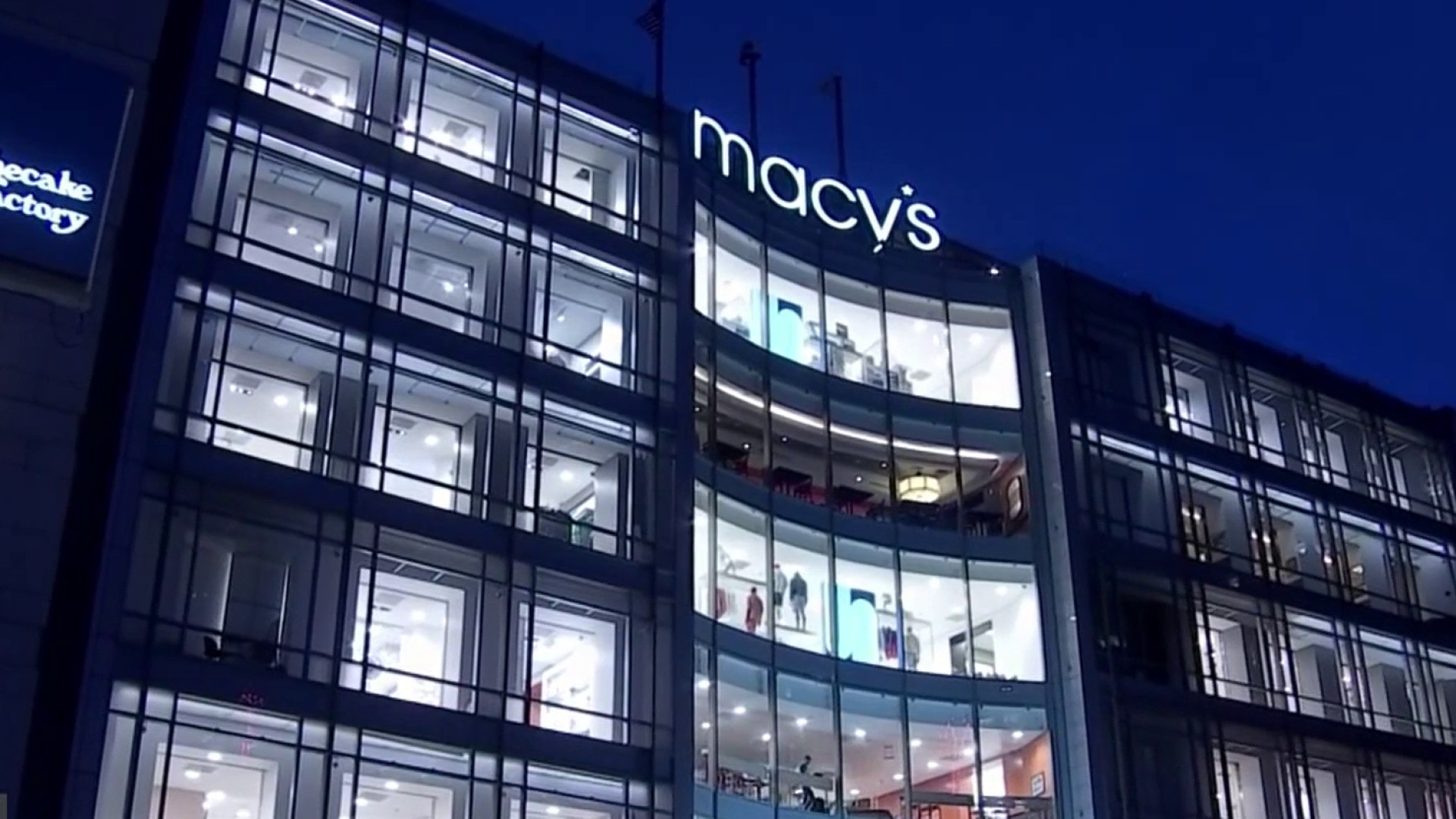Google Inc. will stop selling ads on broadcast radio stations this spring, marking the Internet search leader's latest flop in off-line media.
The retreat announced Thursday is just the latest example of how the recession has caused even highly profitable companies like Google to reassess their priorities and toss out the deadwood.
The impending closure of the radio ad service extends a series of cost-cutting measures that have signaled Google's management is bracing for leaner times after years of robust revenue growth that enabled the Mountain View-based company to spend freely and gamble on new ventures.
Google's other austerity measures have included abandoning an ad program for newspapers, shutting down several unprofitable online services and jettisoning company contractors as well as at least 100 full-time employees.
As many as 40 more workers could be laid off after Google pulls the plug on the radio ad service at the end of May. Google currently has about 20,200 employees.
Emboldened by its dominance of the Internet ad market, Google expanded into broadcast radio three years ago with the purchase of a service called dMarc for more than $120 million. The company could have been obligated to pay an additional $1.1 billion if certain financial targets had been hit, but the push into radio evidently didn't pay off.
"While we've devoted substantial resources to developing these products and learned a lot along the way, we haven't had the impact we hoped for," Susan Wojcicki, Google's vice president of product management, wrote in a company blog.
About 1,600 radio stations had been participating in the program, according to Google.
Local
Instead of trying to place ads on broadcast radio, Google said it will try to deploy some of the technology for audio streamed on the Internet. The company will try to sell the part of the operation that automated the process of placing ads on broadcast radio.
Although it's exiting newspaper and broadcast radio advertising, Google will still try to distribute television commercials designed to appeal to viewers' individual interests. NBC Universal, Bloomberg TV and Hallmark Channel are among the networks participating in the television ad service, which Google started in 2007.
Google's inability to diversify has left the company dependent on Internet advertising, which accounted for virtually all of its $21.8 billion in revenue last year. Even so, the company remains well positioned to grow for years to come because advertisers are expected to steadily increase their online spending to connect with customers migrating to the Internet from print publications, radio and TV.
Google shares gained $5.01 Thursday to close at $363.05.



